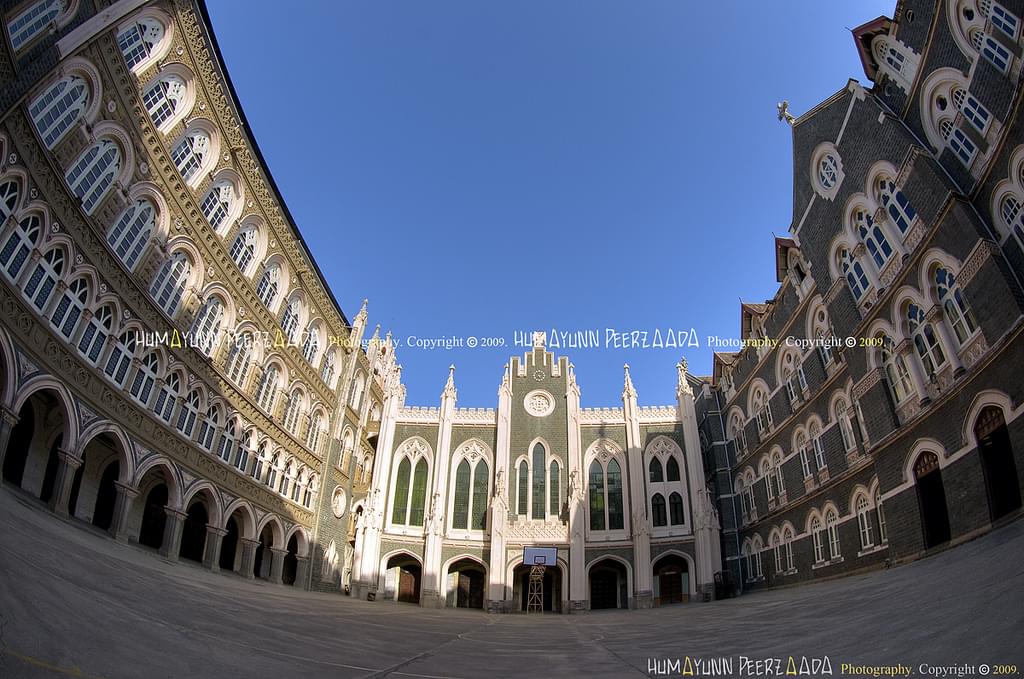More on Indian Minorities
Indian – Minority Institutions

The Supreme Court has upheld the validity of the Right to Education Act , 2009, which provides for free and compulsory education to all children between six and 14 years, but ruled that the law would not apply to minority institutions.
The five-member bench of Chief Justice R M Lodha and Justices A K Patnaik, S J Mukhopadhaya, DipakMisra and Ibrahim Kalifulla ruled on May 7th that minority institutions, aided or unaided, are exempt because Article 30(1) grants them special privileges to run their affairs without any fetters from the government. The court said that if the right to education law is applied to them, ‘’the right of the minorities under Article 30(1) of the Constitution will be abrogated”. The five-member bench said by excluding the minority institutions from the right to education law and reservation benefits , “the secular character of India is maintained and not destroyed’’.
For the minority institutions which had argued that their right to practise any profession or trade, guaranteed by Article 19(1)(g) was being violation under the imposition of Right to Education law, the Supreme Court ruling ensures the protection of minority rights guaranteed under the Constitution of India.
Having said that, it is now the turn of the minority institutions to themselves come forward and participate in nation building by showing commitment to educate each and every child in India. They can do so by coming out with a minority institution policy themselves, which participates in the vision that is the Right to Education Act – to provide free and compulsory education to all children between six and 14. By doing so, the minority institutions can show that they are equally committed to the growth and development of this country as any other institution. Such a move by the minority institutions would send out a positive signal regarding their commitment to the cause of education as a whole. And anyway, since the court ruling now ensures that government coercion in this matter is out, the minority rights to free practise of profession or trade remains protected.
